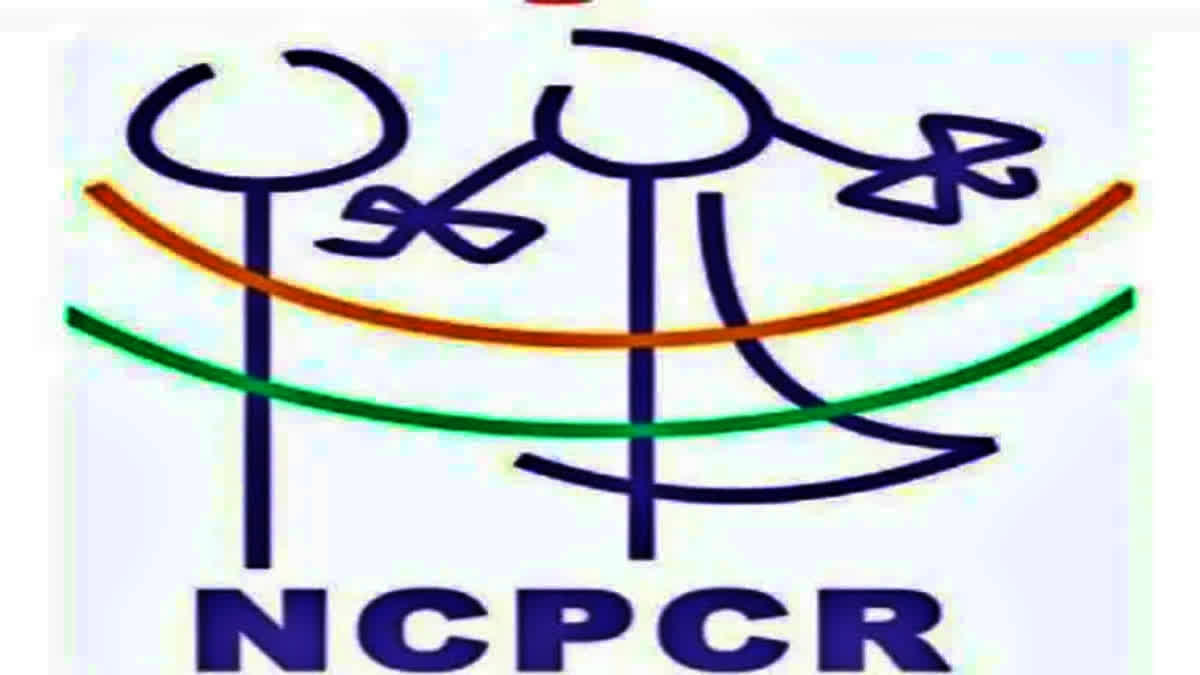New Delhi: Apex child rights body NCPCR has finalised guidelines to regulate children's participation in the entertainment industry and widened its scope to cover social media and OTT platforms for the first time, its chairperson said here. The draft guidelines released last year sought suggestions from stakeholders in the matter. Now, these guidelines have been finalised and uploaded, National Commission for Protection of Child Rights (NCPCR) chairperson Priyank Kanoongo said.
According to the guidelines, a producer would need permission from the district magistrate concerned before a child participates in audio-visual media production or any commercial event. They also state that junk food, including chips, carbonated beverages and other snacks and drinks, shall not be advertised during a programme meant for children or on a channel meant exclusively for children, Kanoongo added.
Any producer of an audio-visual media production or a commercial event involving the participation of a child will need to ensure that there has been no abuse, neglect or exploitation of such child during the entire process of the production and shooting, he said. This disclaimer may be displayed at the beginning of films, episodes of TV serials, reality shows and content posted on social media platforms, the guidelines said.
In line with the labour laws, the guidelines also prohibit the involvement of child artistes for more than five hours a day. It further states that about 20 per cent of their salary would need to be directly deposited in a fixed deposit account. The guidelines state that children or adolescents should not be made to share dressing spaces or rooms with adults, especially those of the opposite gender.
Underlining the significance of the guidelines, the NCPCR said the dawn of social media, OTT platforms and the accessibility of content on the internet has opened up a Pandora's box for the creation of entertainment content, and in addition to the problem of wrongful use of children in the creation of such content, unsuitable content has also easily become available for children.
"In view of the vulnerability of children, it is important to ensure a healthy work environment for them with minimal physical and psychological stress. In the absence of any monitoring mechanism, the children in the industry are at grave risk of exploitation because they lack the legal right to the earnings they generate, or safe working conditions and lack of knowledge about adequate protections via labour laws, etc," it said.
The guidelines also state that at least one parent or a legal guardian shall be present at all times if the child is below the age of six years. The commission said the producer in violation of any other provision of the Child and Adolescent Labour Act, 1986 shall be liable to be punished under section 14 of the Act. (PTI)



